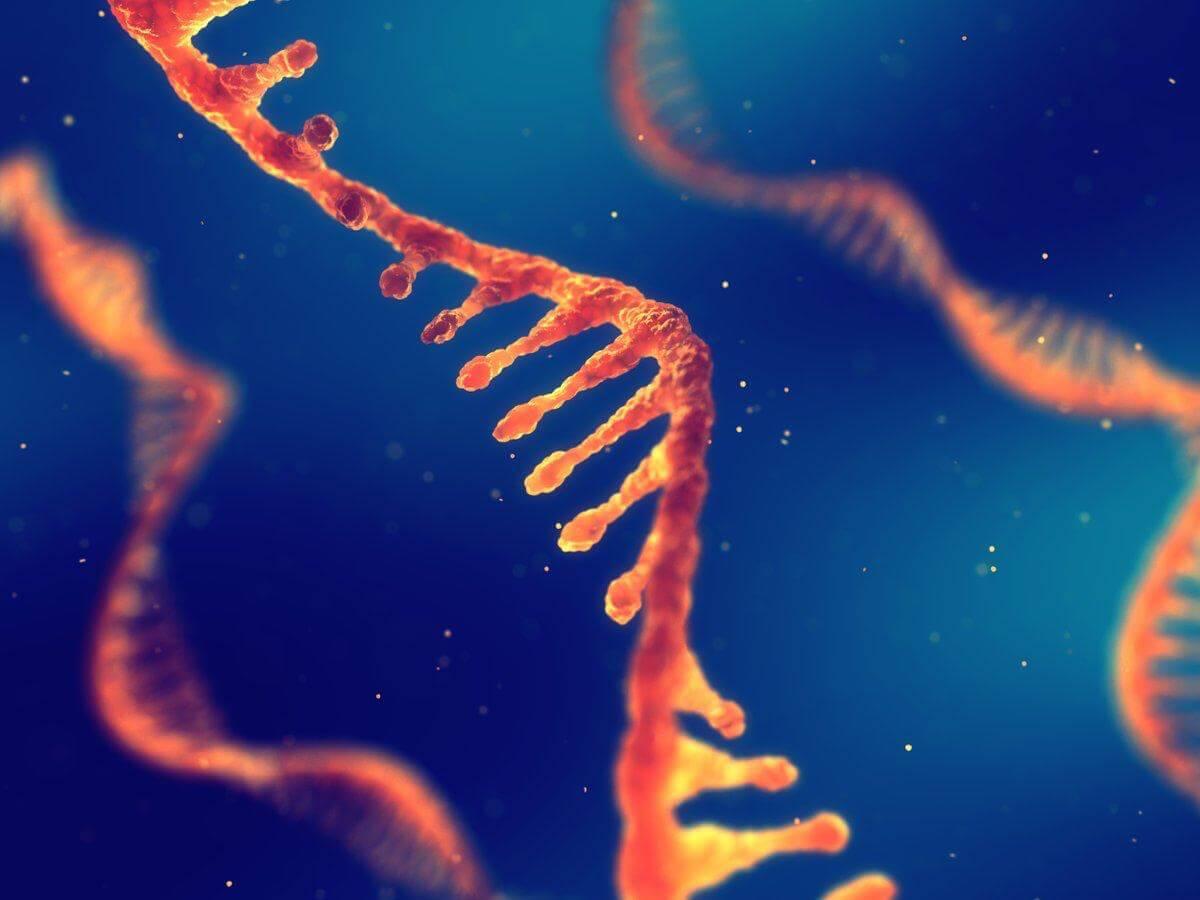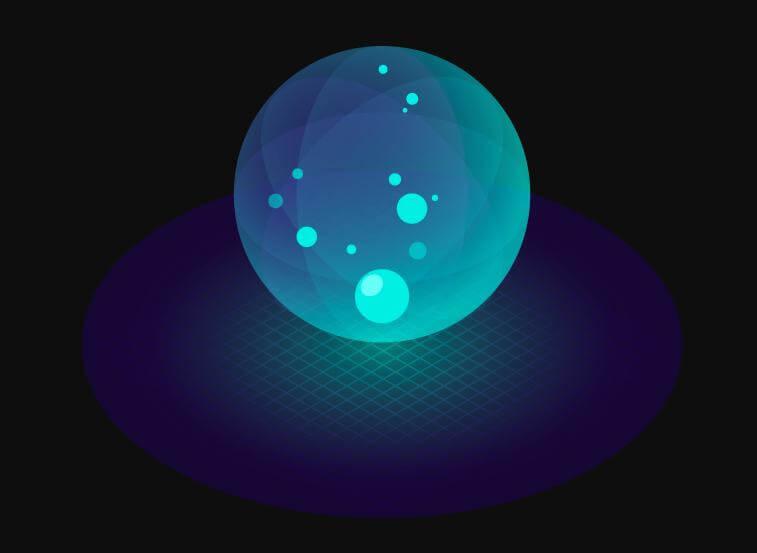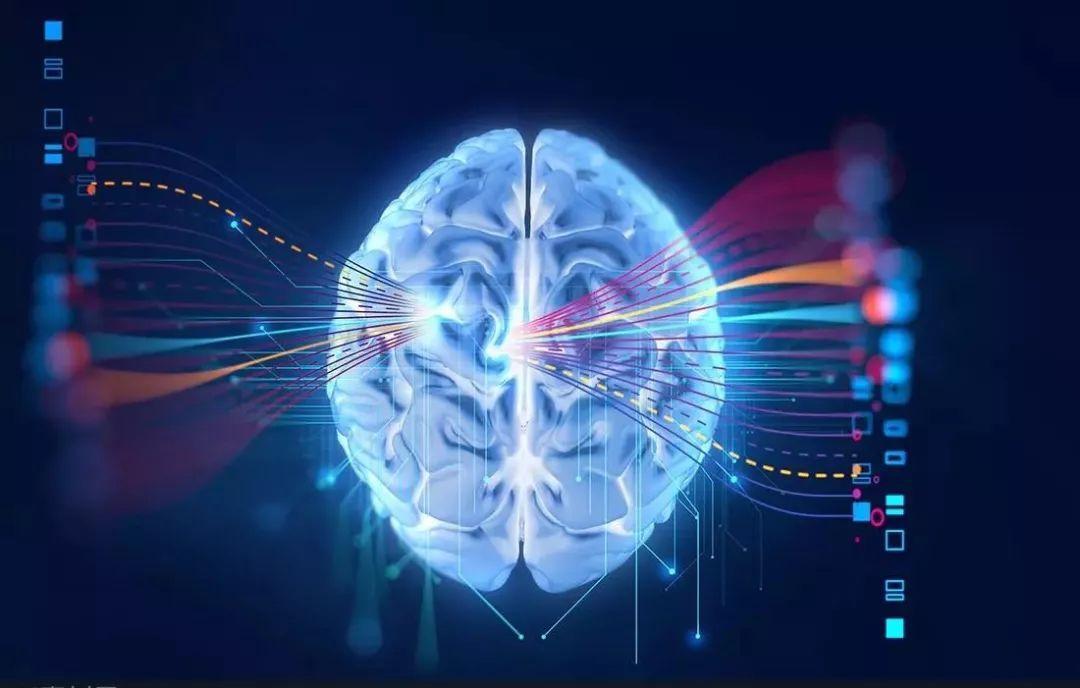With the advent of the era of artificial intelligence, researchers need to manually design chemical synthesis routes under infinitely changing chemical reaction conditions. In the future, the application of artificial intelligence in the chemical field can master and digest a large number of synthesis methods, synthesis routes, material structures and properties, and assist chemists to draw the "blueprint" of the synthesis process, freeing people from heavy manual labor.
In the process of AI Technology Assisting chemical research and new drug research and development, chemical research still needs a lot of innovation and jumping thinking to provide innovative strategies for artificial intelligence and promote the continuous optimization of artificial intelligence system, which in turn promotes chemical researchers to carry out more in-depth research. This AI + chemistry and pharmaceutical symposium will bring together representatives of chemistry and pharmaceutical industry and artificial intelligence experts and scholars to discuss the value, research path and future development direction of chemistry and pharmaceutical industry, so as to create sparks of innovative ideas.
Moderator
Jing-Ke WENG, Associate Professor of Biology at Massachusetts Institute of Technology, Member of Whitehead Institute for Biomedical Research, Member of Future Forum YOSIA
Keynote Speech
"Application of artificial intelligence in chemical synthesis"-- Chengtao LI
"Drug design in the age of weak AI" -- Jianfeng PEI
"Application of artificial intelligence in the development of environmental health and safety solvents"--Weifeng SHEN
Participants
-Dong YANG, Associate Researcher of West Lake University
-Qingyi YANG, Senior Researcher of Pharmaceutical Computational Chemistry, Pfizer







